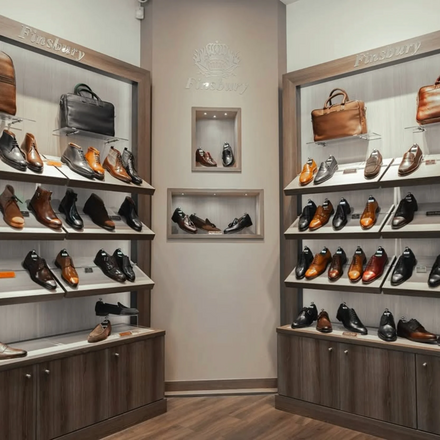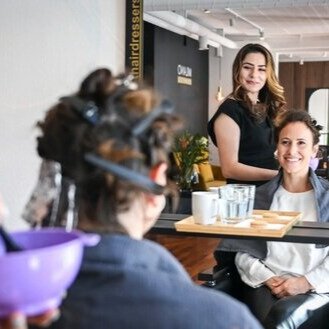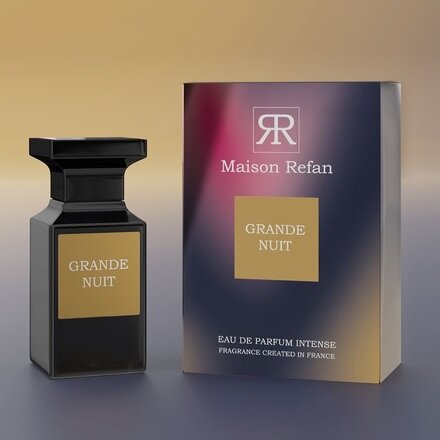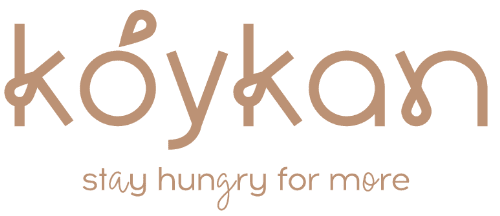The bubble tea craze

- I want to see Crazy Bubble as a pan-European brand in 5 years' time - says Jakub Woźniczka, Franchise Manager of Crazy Bubble.
Bubble tea is now the drink of choice for the youth. Originating from Taiwan in the 1980’s, this bubbly beverage concept is crazy popular in Asia. After making its mark around the world, Europe is the next mass destination for the beverage sensation.
As the name suggests, Bubble tea is a tea-based drink which is mixed together with milk style products or juices, creating a unique blend of exciting flavours. A range of bubble toppings are then famously added to the drink; including, chewy tapioca pears and flavoured jellies. When assembled, the drink is shaken, sealed and served with a big (eco-friendly) straw. It’s textural and flavour combinations are certainly worth a try – and a fun alternative for a coffee date.
Crazy Bubble arrived to Poland in 2012, after witnessing first-hand just how popular the concept was in Asia. We spoke to the Franchise Manager of Crazy Bubble, Jakub Woźniczka about the company’s development, profitability and future ambitions.
Why do you think Crazy Bubble is a growing success in Europe?
The development of Crazy Bubble was certainly helped by the development and increase in popularity in Europe of the product we offer - Bubble Tea. What distinguishes us from the competition is an individual approach to the customer, low investment costs, and above all, the best goods coming straight from Taiwan - the country where the product concept comes from. These factors make our recent rise so dynamic. It is also thanks to our whole great Crazy Bubble team.
How profitable is the bubble tea industry right now?
Bubble tea's business in Europe has been very profitable and profitable lately. Nowadays, there are even groups of people for whom it is not an ordinary, tasty drink, but also an element of culture. These people are often interested in the culture of the East. There are songs and videos in social media about Bubble Tea, and the hashtag #bubbletea on Instagram has almost 3 million posts.
How much has Crazy Bubble developed since it began?
The beginnings of Crazy Bubble were difficult - the product was completely unknown in Europe. The development of the concept required a lot of tasting, promotion and appropriate marketing. The pandemic also delayed our development a bit, but interestingly, after the pandemic ended, we saw record increases in popularity.
Who can be a franchisee, and how involved are they expected to be?
Anyone over the age of 18 can become a business owner with us. Our franchisees cover a very wide group of people. We have clients who opened our concept as their first business. We also have clients who have many other businesses. Others simply see it as a good investment. Commitment is very important, especially during the early stages of development. With good organization, there’s no reason that this business cannot be automated to the extent that it works practically on its own.
Where do you see the company in 5 years’ time?
This is a good question. We are ambitious and want continuous development. I hope that the current pace we are growing will be maintained. I'd like Crazy Bubble to be a pan-European brand in 5 years' time. Our goal is to ensure that a customer who tastes our drink for the first time, for example in Poland, and then, for example, goes on vacation to Spain, could find us there and drink exactly the same, delicious bubble tea.
Featured franchises
No featured franchises
Other concepts from sector food and beverage
Breaking news
Show all
Expanding premium footwear through franchising
A French footwear brand expanding through franchising, offering structured entry into premium shoe retail with established operational standards.

Franchise model in sustainable water solutions
An international franchise network focusing on water generation and distribution technologies designed for commercial and residential markets.

Milano Cosmetics franchise overview
Milano Cosmetics offers a global franchise model for professional beauty salons with defined financial terms, operational support, and...

REFAN franchise network
REFAN is a European cosmetics and perfume manufacturer offering a standardized franchise model based on private-label production and retail.



